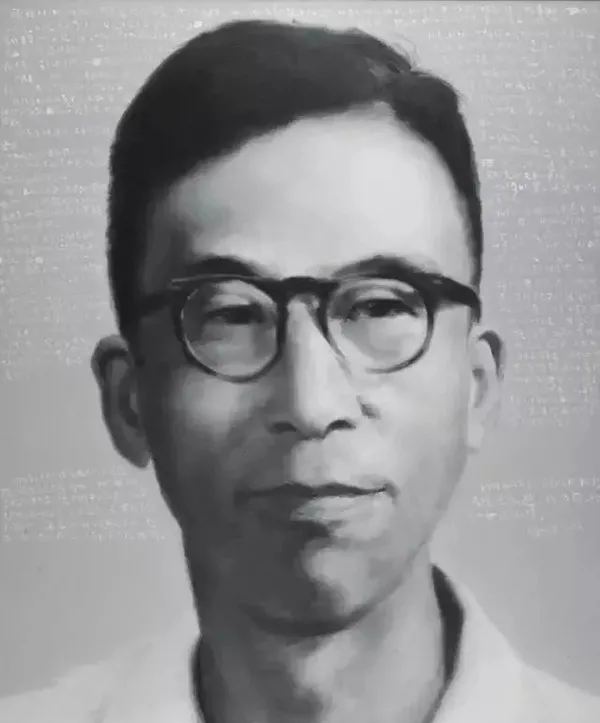"Who still writes a diary now, do you?" I don't write! Serious man who x writes a diary? ”
To tell the truth, I initially had a spontaneous vigilance against the pseudo-enlightenment idols that were popular with the xiaoxins in later generations, such as Zhang Bojun, Luo Longji, Chu Anping, all the way to Gu Zhun and Wang Xiaobo, and inexplicably did not care about the mirage-like "Taoist unification" they preached. Perhaps the difference is caused by the impact of class barriers on cognition.

However, when reading "Gu Zhun Day", I really feel that Gu Zhun is not a "serious person", in that era of hot heads, most people or fly camp dogs, or Mingzhe to protect themselves, or fight the heavens and the earth, is the norm of life. A "non-serious person" like Gu Zhun who clearly records himself and his surroundings and reflects on himself is painful in his heart.
Most of the diaries were written in the middle of the night or early in the morning, in a variety of places, sheds, sentries, bathhouses, stoves, etc., with no plot or story. Some are just bits and pieces of life and the "transformation" of thought.
There are many people and things recorded in the diary, revealing the "hidden human nature", and sketching for us the "sentient beings" at that time: following the trend, parroting the tongue, flattering the leader, informing colleagues, bullying and oppressing, and doing the utmost to humble and condescend.
The most memorable thing in the diary was that he said: "I stole food, I stole food, I stole food." That is the truest indictment left by "three natural disasters and seven man-made disasters."
There is also the fact that he will curse the heavens, almost Xie Xun's "thief old heaven" and the like. In his later years, in addition to the sixth brother Chen Minzhi also went to see him, Gu Zhun, who was abandoned by his children and younger siblings, it was impossible to lick the calves at the time of his death, which showed what kind of era it was. It is also in that era that we see the faintness of thought, the remnants of morality.
Li Shenzhi said in the preface that "this is not a good book, because it was not originally for others to see", but the traces of Gu Zhun's ideological transformation can be faintly seen from these words. As an economist, Gu Zhun studied the history of the Greek city-states in the last decade in order to draw great conclusions about the usefulness of China from comparisons with China, which is a true patriot in action.
But for these social elite intellectuals, I personally have little empathy. Under their big pattern and big vision, the people at the bottom will still not be the target of their attention, after all, not everyone can drink soy milk and think about what to eat during the transformation.
As with his economic thinking, he repeatedly said in his diary that he had to kill some people to achieve his goals; he also said that it was more regrettable to die labor than to kill the elderly and children. What is the difference between this pure teleology and the so-called theory that the stream of one-man is ready to die at any time?
Death is the death of a person, and it cannot be counted. The death of one person is also the death of all survivors, and it will regurgitate, will self-alert, and is by no means numb and forgetful, indifferent to the life and death of others, penniless.